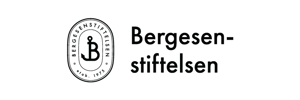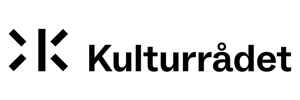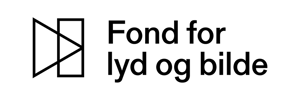Cooking, Time?
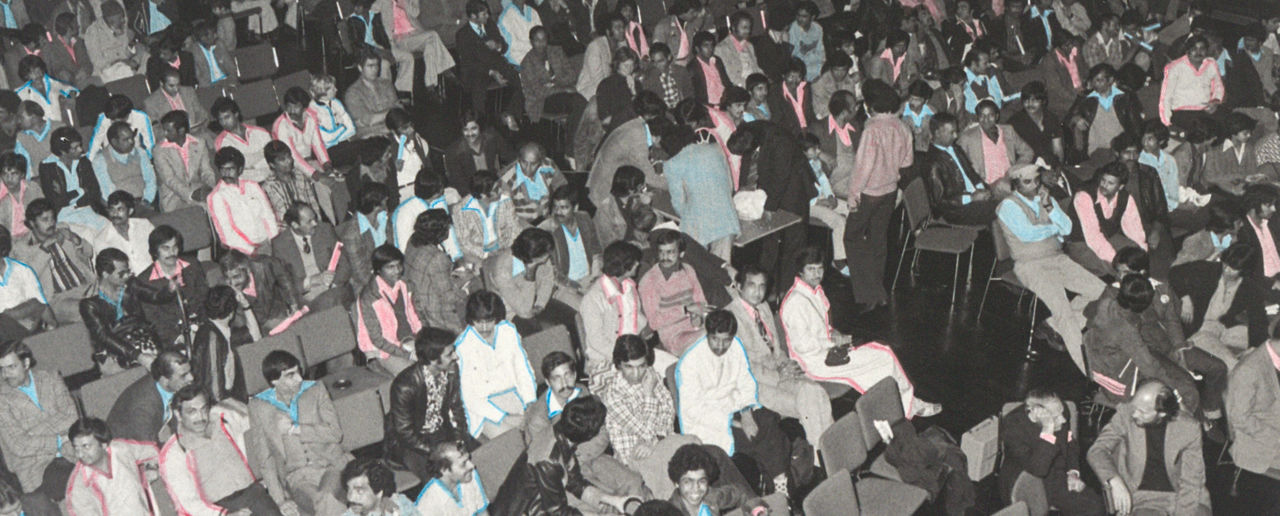
In what ways has immigration from Pakistan to Norway in the 1960s and 70s been experienced, narrated and preserved? Through various artistic expressions with food traditions as a common thread, history and the sources that have been used to tell it are explored.
Intercultural Museum, Tøyenbekken 5
19 April 2024–5 August 2024
In this art exhibition, artist Sarah Kazmi and curator Noor Bhangu take a closer look at Pakistani labor immigration to Norway and the meeting between migrants and Norwegian society. Food played an important part when the two cultures met.
When immigration from Pakistan to Norway picked up sharply in the 1960s and 70s, it was mostly young men who came to the country to work and earn money. Many of them started out in the service and restaurant industries, bringing new food traditions with them to Oslo - traditions that have made a lasting impact. With food and food traditions as a common thread, visitors can experience various artistic expressions such as photography, installations, text, performance, and film.
The artist draws on collections and archival materials from, among others, the Museum of Oslo, Norsk Folkemuseum and Oslo City Archives, and questions historical representation - who narrates history, and who is represented?
There will be several events in connection with the exhibition, including a food tour of Grønland and performance by the artists Sanjey Sureshkumar and Mudassir Sheikh.

On the final day of the exhibition "Cooking, Time?", you can join curator Noor Bhangu inside the exhibition.
Sunday 4 August at 1pm
Tuesday–Sunday: 11am–4pm
Adults: NOK 60,-
Children and youth (under 26): Free admission
Free admission for one person accompanying a person with a disability.
Free admission for everyone on the first Thursday of the month.
Address: Tøyenbekken 5
Take any subway line to Grønland
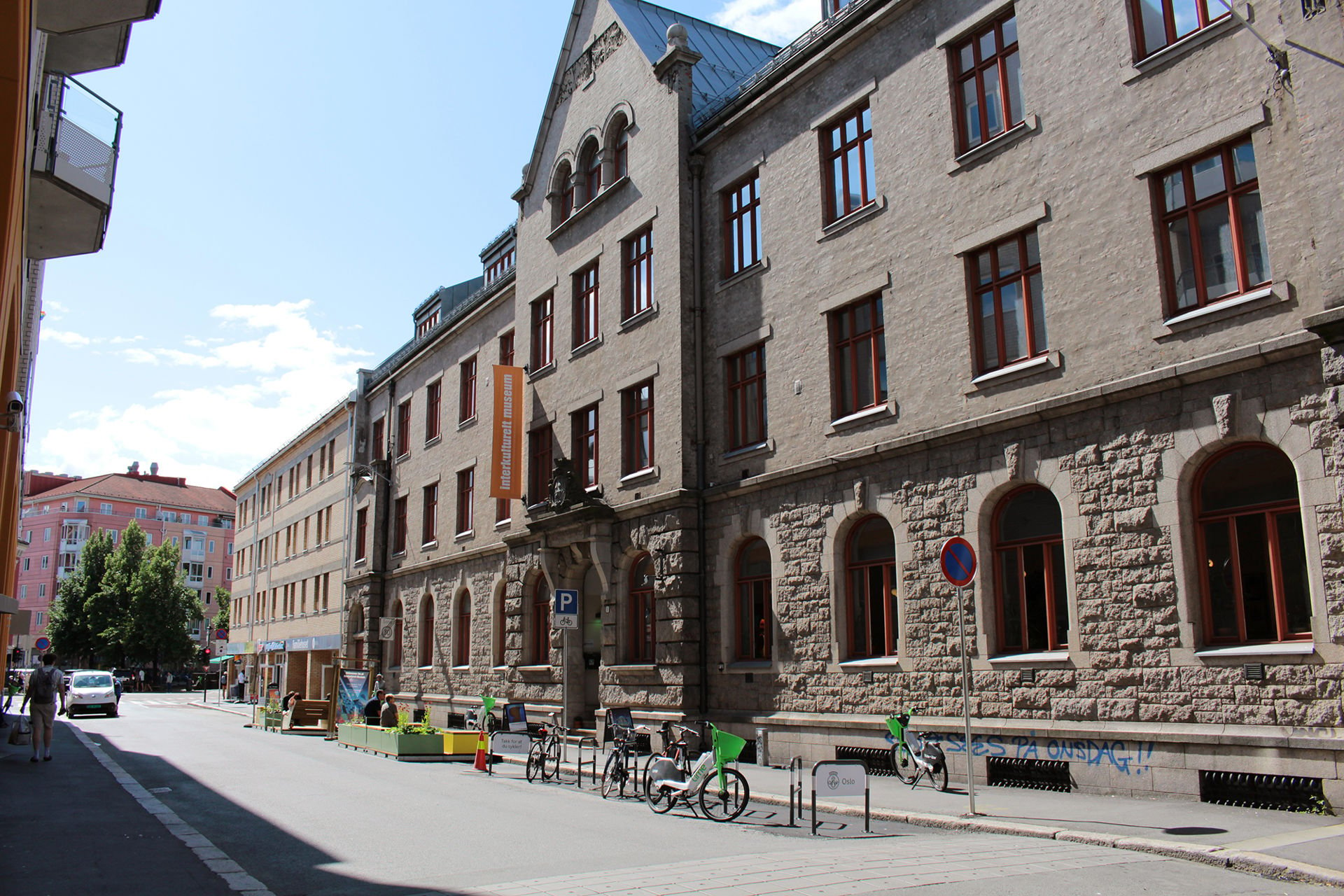
The Intercultural Museum is located on the former premises of the old Grønland police station. Today, the former cells are used as unique exhibition spaces.
Through engaging exhibitions, you gain insight into current social topics, arts, and culture. Explore your own prejudices, challenge your ideas, and expand your understanding of other cultures.
